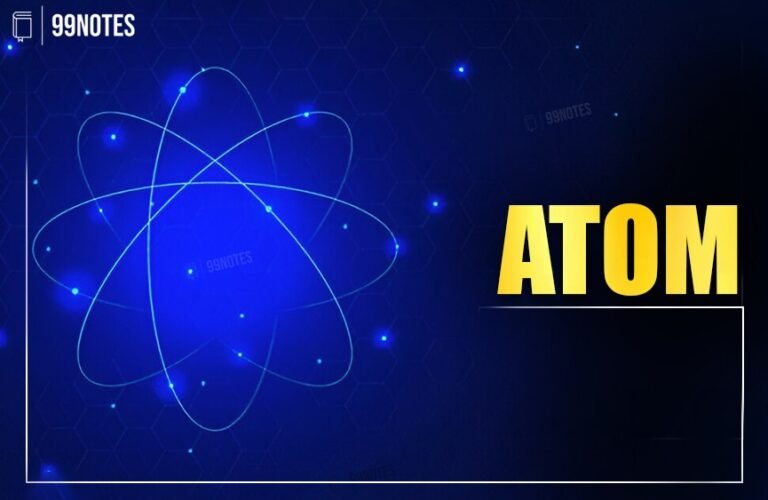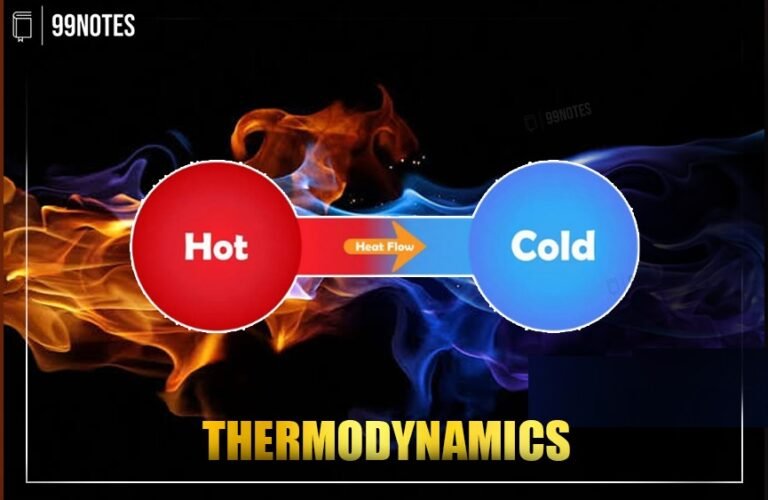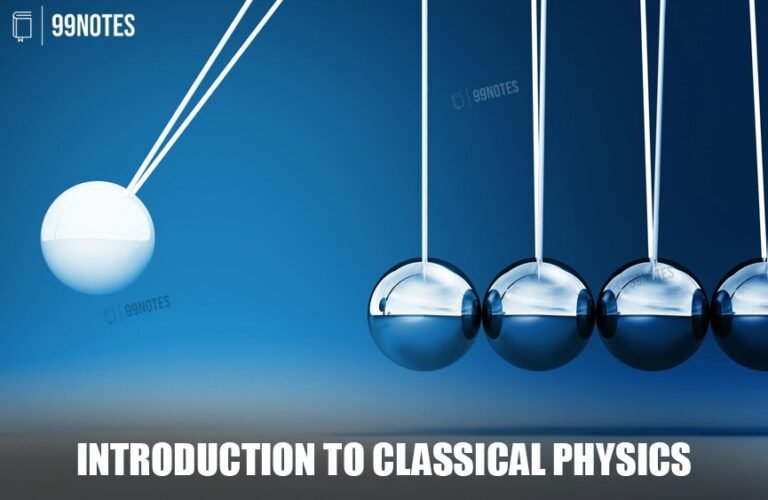Introduction of Nucleus
The study of nuclei involves understanding the structure and behaviour of atomic nuclei, which are at the heart of an atom. The nucleus contains protons and neutrons, bound together by a force called the nuclear force. ‘ Nuclear physics explores phenomena like radioactivity, nuclear reactions, and the energy released in nuclear processes. It also plays…









